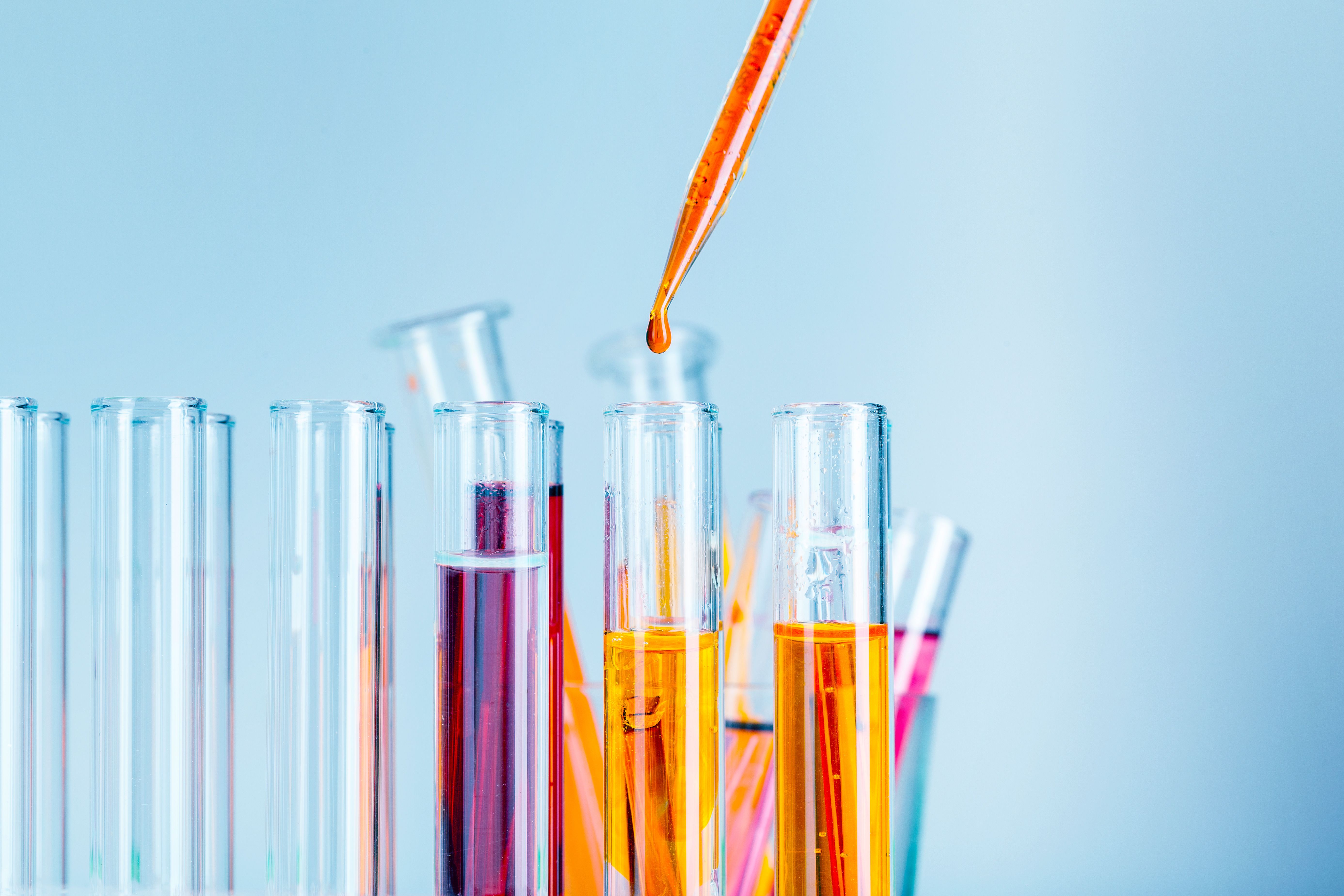- Bone Health
- Immunology
- Hematology
- Respiratory
- Dermatology
- Diabetes
- Gastroenterology
- Neurology
- Oncology
- Ophthalmology
- Rare Disease
- Rheumatology
BioRationality: MHRA's Procedure Enables Automatic Registration of Biosimilars Approved Elsewhere
Sarfaraz K. Niazi, PhD, explains how the new international recognition procedure under the Medicines and Healthcare Products Regulatory Agency (MHRA) could expand biosimilar access within the United Kingdom, in his latest column.
From January 1, 2024, the EC Decision Reliance Procedure (ECDRP) has been replaced by the new international recognition procedure (IRP) that allows fast approval of products that have already received authorization for the same product from one of the United Kingdom’s Medicines and Healthcare products Regulatory Agency (MHRA)’s specified Reference Regulators (RRs):Australia, Canada, Switzerland, Singapore, Japan, United States, and European Union. The first product approved is Xgeva/Prolia (denosumab), which has also received biosimilar approvals in the US.
To qualify for IRP submission, the product must have the same qualitative and quantitative composition (active substance(s) and excipients) and the same pharmaceutical form from applicants belonging to the same company or group of companies or ‘licensees.’
IRP can be used for chemical and biological active substances, generic applications, hybrid applications, biosimilar applications, and new fixed combination product applications. IRPs can also be used for post-authorization procedures, including line extensions, variations, and renewals.
Image credit: fotofabrika - stock.adobe.com

There are 2 recognition timetables for initial marketing authorization applications:
- Recognition A, a 60-day timetable granted for drugs approved within the previous 2 years
- Recognition B, a 110-day timetable for drugs approved within the previous 10 years. The manufacturing process must be the same as that approved by the RR, with evidence of compliance with good manufacturing practice at the time of IRP submission.
The MHRA has always been highly supportive of the entry of biosimilars, but its actions came into place after the United Kingdom got out of the European Union. The MHRA was the first regulatory agency to remove clinical efficacy testing of biosimilars with the following statement:
“Although each biosimilar development needs to be evaluated on a case-by-case basis, it is considered that, in most cases, a comparative efficacy trial may not be necessary if sound scientific rationale supports this approach. Therefore, a well-argued justification for the absence of an efficacy trial should be appended to CTD Module 1 of the submitted application”.
Now, it is possible for biosimilars approved in the qualified regions to be automatically available in the United Kingdom or any other country that may decide to follow these guidelines. This action also removes many misconceptions about biosimilars, such as the need to bridge studies when the reference product is not specific to the country of origin or even conducting comparative efficacy testing. This is an opportunity for all countries listed in the IRP list to adopt the same system of qualifying the registration of biosimilars. Moreover, it is an opportunity for all developing countries to adopt this policy, as I suggested in forming a Global Regulatory Agency that is now under consideration by the United Nations.
Newsletter
Where clinical, regulatory, and economic perspectives converge—sign up for Center for Biosimilars® emails to get expert insights on emerging treatment paradigms, biosimilar policy, and real-world outcomes that shape patient care.
